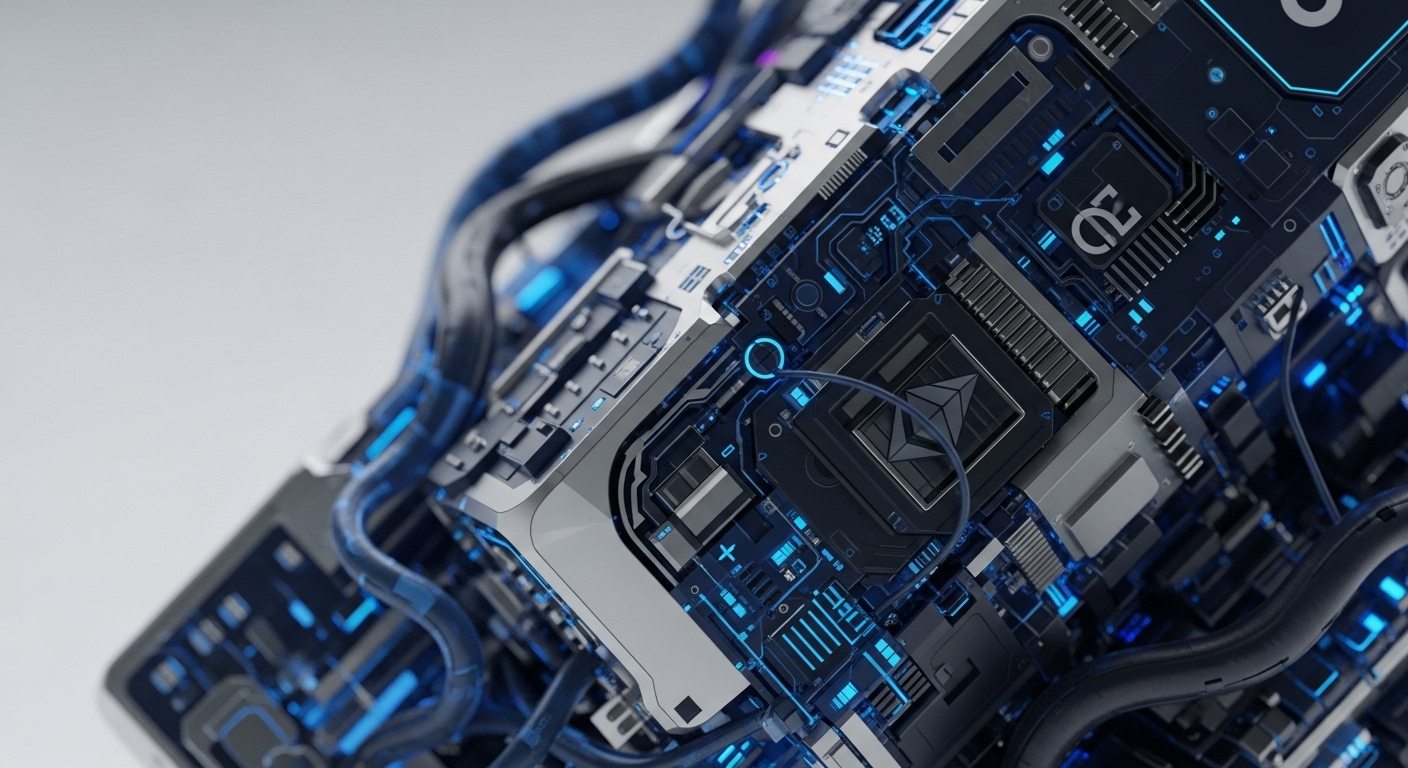Recursive Proof Composition Achieves Logarithmic-Time Zero-Knowledge Verification


A novel folding scheme reduces the verification of long computations to a logarithmic function, fundamentally decoupling security from computational scale.
